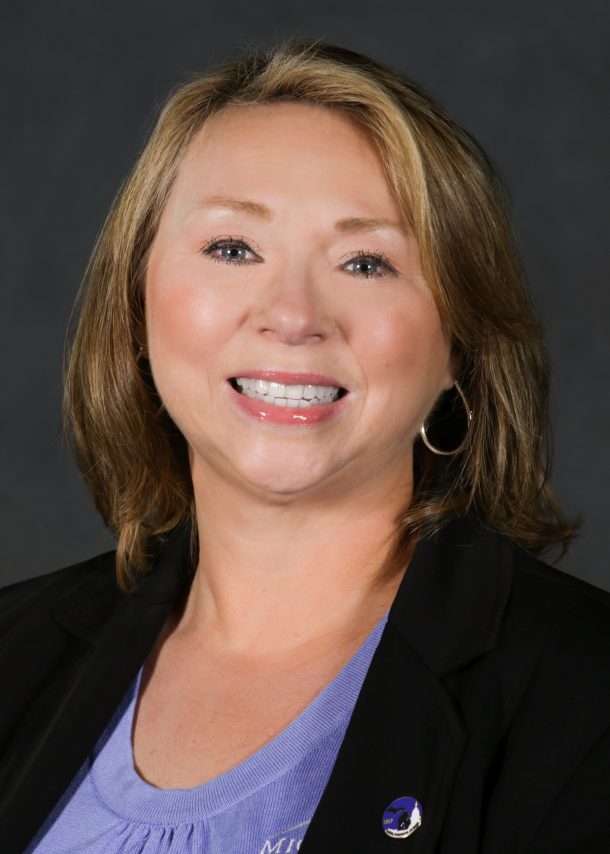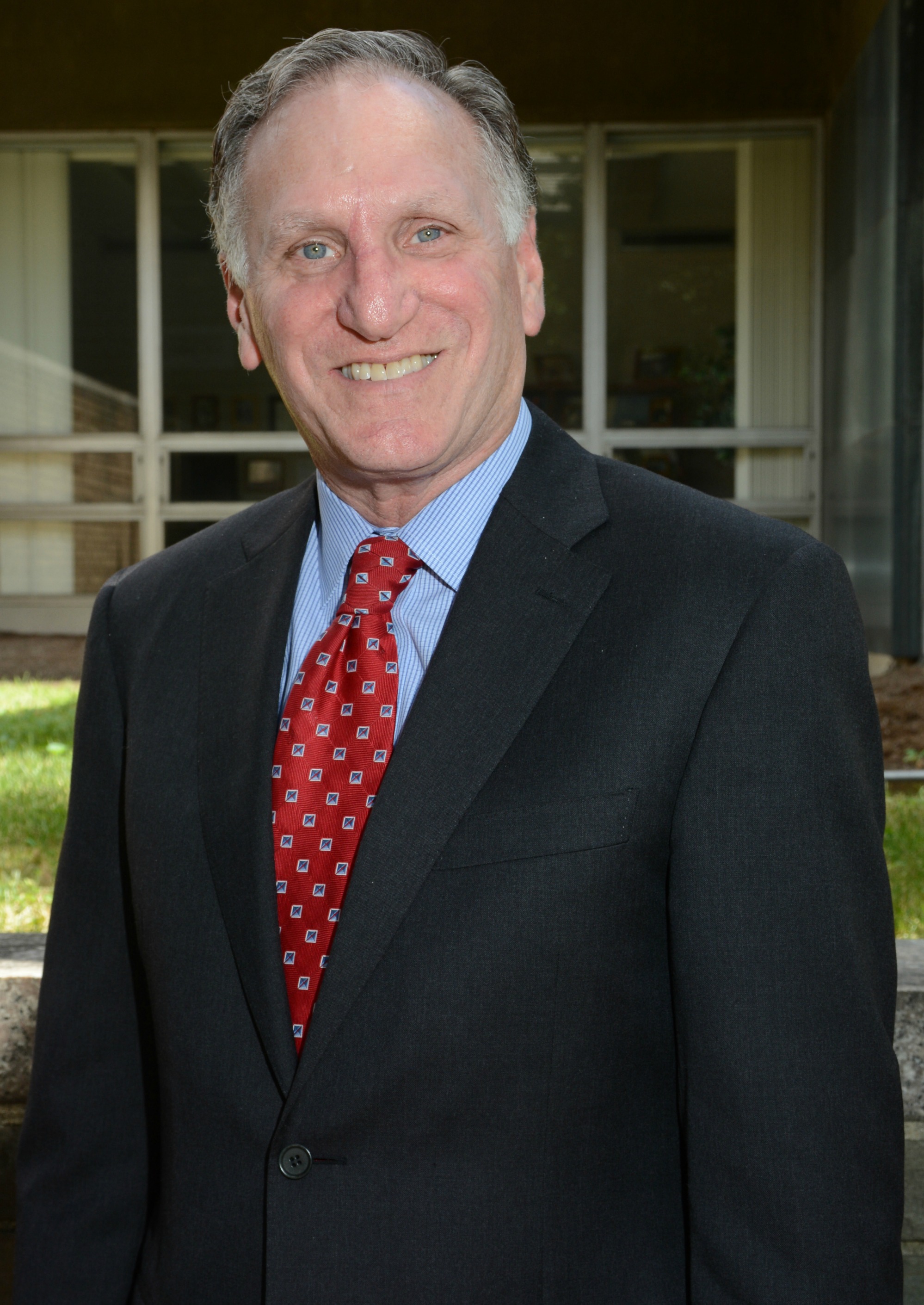Michigan Legacy Credit Union Partners with Institute of Gerontology to fight financial exploitation of vulnerable adults

DETROIT — Michigan Legacy Credit Union has launched a pilot program with Wayne State University’s Institute of Gerontology to help protect its members from financial exploitation.
New members of the credit union, age 50 and up, are offered the Financial Vulnerability Survey (FVS), a short questionnaire to determine their risk of financial exploitation. The survey was developed by Peter Lichtenberg, PhD, director of the Institute of Gerontology.
“Older adult financial exploitation is at epidemic heights,” said Carma Peters, president and CEO of Michigan Legacy Credit Union. “Sadly, these crimes are often swept under the rug because victims are too ashamed to report them. We never want to see a credit union member manipulated and victimized. This pilot program provides resources to truly empower our staff and members.”
In September 2021, Michigan enacted the Financial Exploitation Prevention Act, requiring financial institutions to offer training and procedures to recognize financial exploitation and protect vulnerable clients from becoming victims. Michigan Legacy Credit Union staff have already used Wayne State trainings and tools to combat several cases of older financial exploitation.
For nearly two decades, Lichtenberg has done extensive research to develop and validate a variety of financial decision-making and vulnerability tools. The Financial Vulnerability Survey (FVS), a self-administered tool for older adults, is the most recent. The 17-question survey identifies older adults at increased risk of financial fraud and exploitation and suggests resources to help protect them.
Dozens of people have taken the FVS so far. Their scores are included in a database to help monitor accounts for abnormal financial activity. All credit union staff received training on the new survey and how to identify and discuss cognitive risk factors before exploitation occurs.

"The FVS is easy to understand and to complete,” Lichtenberg said. “It resonates with older people who are concerned about their financial decision-making. Finances are often a taboo topic for discussion, yet people are hungry for information about their own financial vulnerability level."
Persons at risk or who have already been financially victimized are referred to the Institute of Gerontology’s SAFE program for help. SAFE (Successful Aging thru Financial Empowerment) offers counseling at no cost to help repair the damage of financial scams. Among other things, SAFE helps to recover funds, file police reports, and freeze credit reports as well as deepen client’s financial literacy.
In addition to the FVS and SAFE services, other tools to assess financial decision-making, plus resources for professionals, caregivers and older adults, can be found at Lichtenberg’s website, olderadultnestegg.com. “We can now point members to olderadultnestegg.com for valuable training and resources,” Peters said. “Studies shows older adults who read the information are more likely to identify signs of financial exploitation before it happens.”
Peters and Lichtenberg will discuss the pilot project and financial exploitation protections with other credit unions at Audit Link’s “Conversations on Compliance,” May 25 in Grand Rapids, and on June 10 at the Michigan Credit Union’s Annual Convention and Expo at the Renaissance Center in Detroit. Michigan Legacy Credit Union also created a campaign during April’s Financial Literacy Month to encourage existing members and owners to take the FVS and have their scores uploaded to the credit union’s database.
“Ideally, this pilot program will be used throughout the state of Michigan, and nationally, to help combat this epidemic and provide another tool to protect older adults from financial fraud,” Peters said.
Anonymous data from the project will be analyzed by Lichtenberg and his team to expand research insights into vulnerability and improving safeguards for older adults.